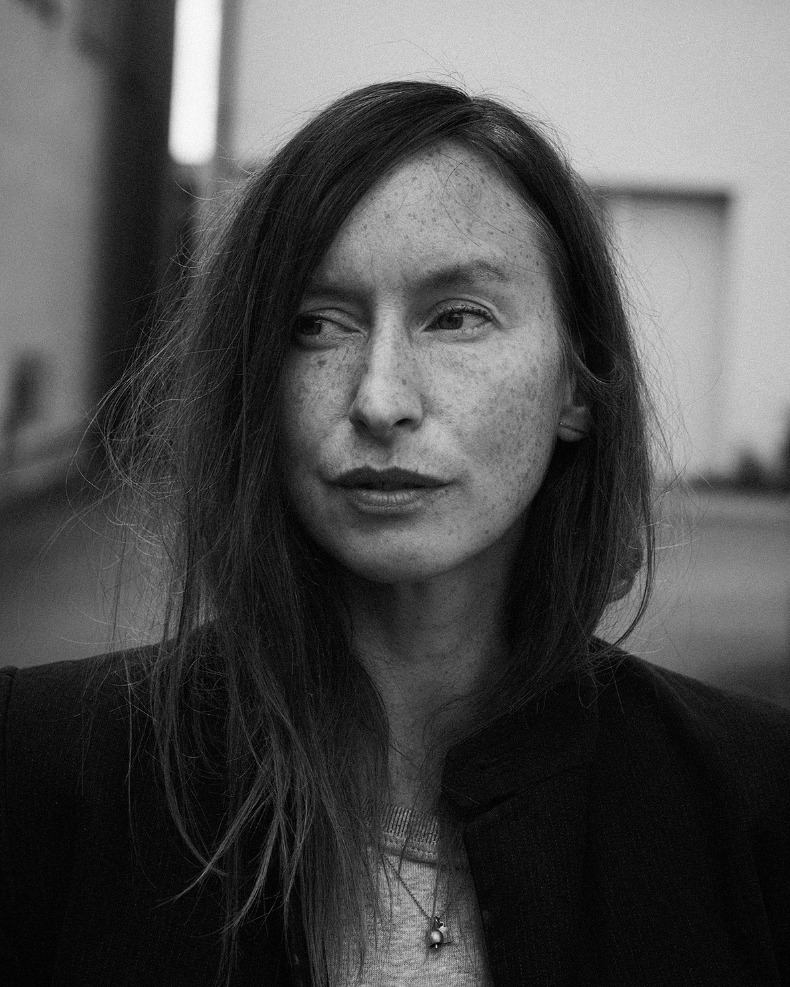Name: Joanna Walsh
School: School of Literature, Drama & Creative Writing
Research area: PhD in Creative and Critical Writing
Bio: When I arrived at UEA I had already published five books of fiction and creative non-fiction. I wanted to investigate digital opportunities for reworking narrative structures, particularly in the areas of self-writing or autofiction, via a creative digital project, as well as a critical work on artists and writers who have used online or offline texts to produce or examine ‘digital selves’. Working with tools drawn from feminist and queer theory, I have explored the affordances and constraints of linguistic digital subjectivities.
I’m delighted to say that 4 years of study and exploration have expanded my creative work, orienting it towards multidisciplinary (performance writing, and art writing as well as digital and print) and collaborative practice. I’ve gained considerable experience not only in research but teaching, which I’ve found that I very much enjoy. Apart from a deeper understanding of my subject in both creative and critical areas, my PhD has provided me with the ability see my work in wider terms (as ‘art’ as well as ‘writing’), as well as the ability to conceive and direct interdisciplinary projects.

What is life as a postgraduate student at UEA like? Describe a typical day
I study remotely. My life is very much like my life as a freelance writer, before I started my PhD. I’m lucky enough to live near a university library which I’m able to use for research, though, given my subject area, a lot of my research was conducted online.
Why did you choose UEA?
Firstly I was very grateful that UEA were willing to accept me as a reasonably well-established practitioner without an MPhil. This was not true of all institutions I asked. But my main reason for choosing UEA was the relationship I was able to establish with my supervisors during the application process. After talking to a number of members of the department, I was able to find two supervisors who have been exceptionally supportive of my work, creative in their suggestions for its development, and (really importantly) extremely helpful in the process of going through funding applications.
Any tips for choosing a project / supervisor?
I couldn’t have started a PhD without funding so I was careful to choose a project that was not only close to my own heart, but that seemed likely to both expand both my practice and contribute toward innovation in my field of study.
How is postgraduate study different to undergraduate study?
My undergraduate degree was done some years ago now so it’s difficult for me to make direct comparisons. As a student who worked freelance (and liked it) before starting my PhD, independent research suits me very well.
What’s the social side like? How do you find the Postgraduate community?
As I study remotely I have little contact with other PhD students other than via my funder (CHASE)’s conferences. However I’ve developed a great network of friends and colleagues by attending and participating in conferences in the UK and Europe.
What has most surprised you about your postgraduate study at UEA?
I didn’t expect my PhD to change my creative practice so much, but I’m very glad it did.
Any highlights of your experience?
My funder, CHASE, generously funded extracurricular training at a summer school in digital/technical skills for creative artists. This made a huge difference to my ability to understand and work practically in my chosen area of study.
I was also able to undertake a funded intra-PhD placement with UEA-based beyondcriticism.net, to organise a symposium on digital critical-creative practice, “Critical Acts”. Sadly the symposium had to be postponed because of Covid-19, but I was able to bring together an impressive range of extraordinarily accomplished digital writers and artists, and look forward to being able to reschedule. Information on the symposium can be found on the Beyond Criticism website.
What kind of activities you have got involved with at UEA (e.g. networks, conferences, events, outreach) that have helped your research?
It took a year before I was familiar enough with my subject area to have a good understanding of the kinds of conferences and networks available. I enjoy giving papers, and hearing them, and, from my second year on, have tried to attend conferences and events that reflect my study in the widest sense so, in addition to those focused on digital writing, I’ve attended conferences on art writing, humour, digital activism, self-writing, and visual art and performance. I was able to perform a version of my creative submission, Seed (the full digital version of this text can be found at seed-story.com) at the National Centre for Writing at the Dragon Hall, Norwich, thanks to the generous participation of UEA students and staff, as well as volunteers who signed up via the National Writing Centre’s mailing list.
What is writing your thesis or preparing for a viva like (if you’ve got there yet!)
I’m currently awaiting my viva. Writing a thesis is a lot like writing a book, a process I’m familiar with, though the particular kinds of attention and research demanded are slightly different.
What would you say to someone thinking of coming to UEA?
I’d particularly like to encourage candidates who have taken time away from higher education, or have extensive practical experience of their subject without, perhaps, having formal qualifications, to think about what a PhD could do for their work.

:focus(1940x990:1941x991))